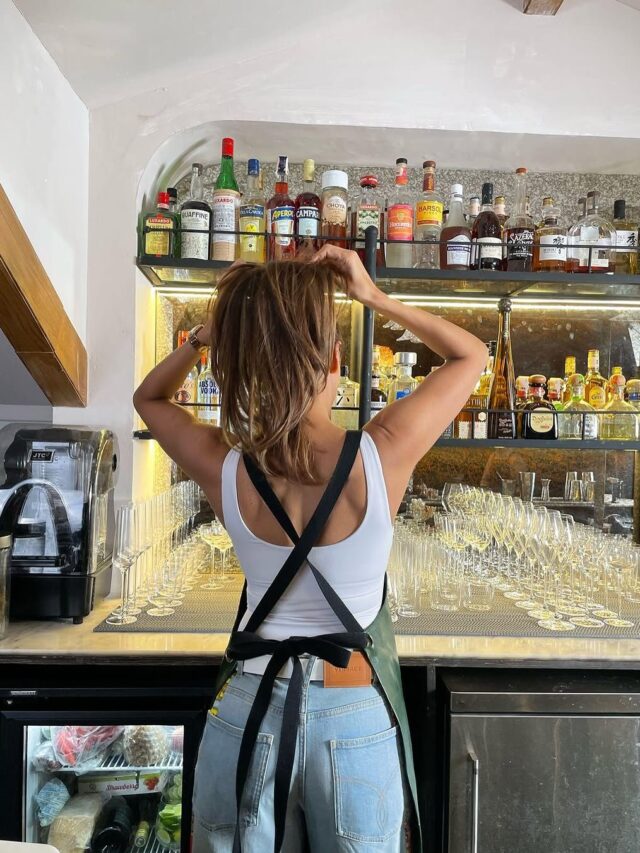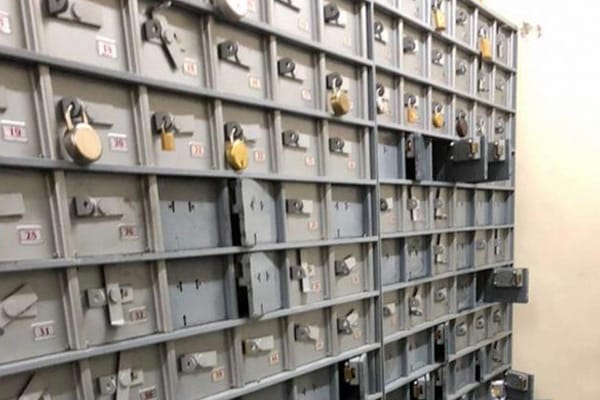Are you sure the valuables you keep in a bank locker are absolutely safe? Think, after reading the report that hit the headlines just a few days ago.
Worthy of a Hollywood flick, or, for that matter, its counterpart Bollywood, robbers dug up a 25ft-long tunnel from a shop to enter the strong room of Bank of Baroda branch in Juinagar in Navi Mumbai (New Bombay) and break open safe deposit lockers. They succeeded in emptying 27 lockers and decamped with cash and jewellery worth more than Rs 40 lakhs.
According to police investigating the heist, the robbers made a tunnel from an adjacent shop and entered the locker room. They stole cash and jewellery and made their escape through the tunnel.
What makes the case interesting is the robbery had been planned meticulously at least six months in advance. Apparently, those who were involved in the loot had rented a shop not far from the bank before executing their plan on weekend (last Saturday-Sunday) when the bank was closed for two days. Not surprisingly, the break-in has rung alarm bells for thousands of customers who keep their valuables, particularly gold jewellery, in bank lockers for safe custody. When they are not safe or not well-guarded, what’s the alternative for common people? Nothing. Only God has to save their valuables locked in a seemingly safe place from being looted. They better include safety of bank lockers in their daily prayers!
This should also be a worry for NRIs who safe-deposit their valuables in banks and open them only during their annual visits. Another worry for hirers of lockers is Reserve Bank of India’s policy decision absolving all public sector banks of indemnity in case of theft, fire, disaster, etc.
When the decision came through RTI in June this year, hardly there was any murmur of protest. According to RBI, “Banks have no liability for loss of valuables in locker, as the relationship they have with customers with regard to lockers is that of lessee (landlord) and lessor (tenant).” The bitter and strange truth in such an arrangement is, the person/ persons who rent a locker is responsible for valuables kept in it, not the bank which is only facilitating its customers to keep their valuables out of easy reach of burglars.
In fact, locker renting agreement clearly states this. “As per safe deposit memorandum of hiring locker, the bank will not be responsible for any loss or damage of the contents kept in the safe deposit vault as a result of any act of war or civil disorder or theft or burglary and the contents will be kept by the hirer at his or her sole risk and responsibility.”
It’s worth noting that Indian banks don’t measure up to global standards as far as security is concerned. None figures in World’s 50 Safest Banks list prepared by Global Finance. Among the Top 10, five banks are in Germany, two in the Netherlands, one each in Switzerland, France and Luxemburg.
Nevertheless, among the Asian banks, State Bank of India finds a place with a score of 3 in the 2017 Global Finance report while three others – Punjab National Bank, ICICI, Bank of Baroda – along with SBI have been ranked among the 50 Biggest (banks in) Emerging Markets 2017.


































